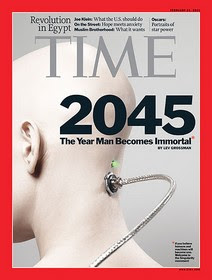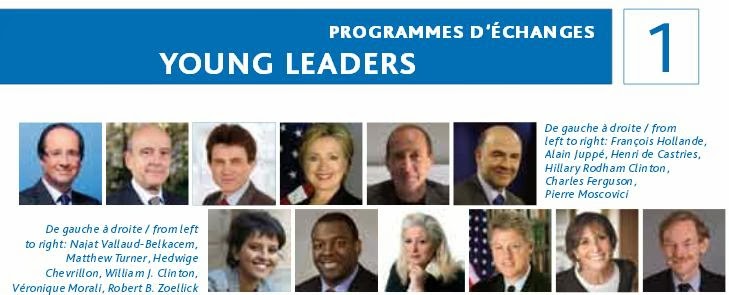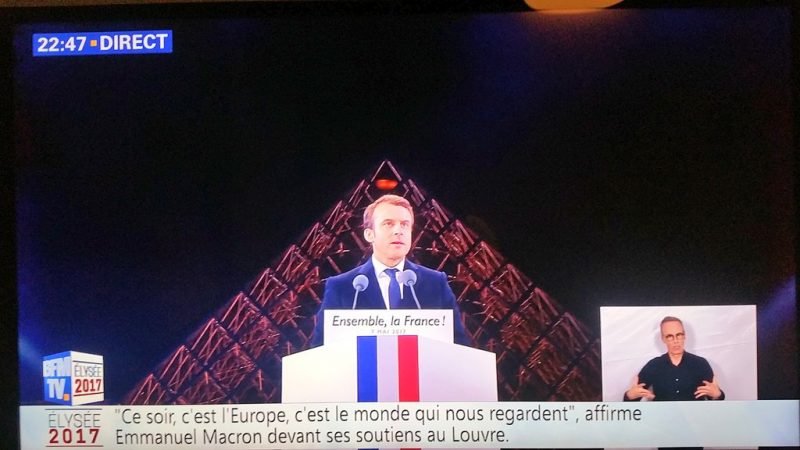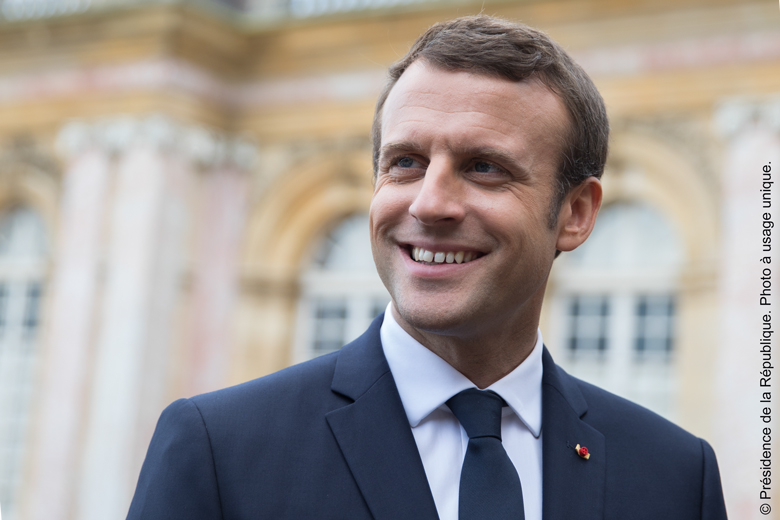Je, je, je!!! Pobre tipo!Pobre hombre... De premio en en premio y tiro porque me toca ¿Y para cuándo él como premiado?
Y después montarán el teatrillo del guey, bajando del helicóptero, llegando a casa y Letuza y tezorizias recibiendolo, las botys con mochils incluidas y letri con algún modeluqui de starlet y cara de vinagreta. Habrá beso y cobra por parte de ella, posaran y entrarán a la casa. Tal vez haya zopita caliente. ¡ Qué tiernos! ¡Como una familia más!






